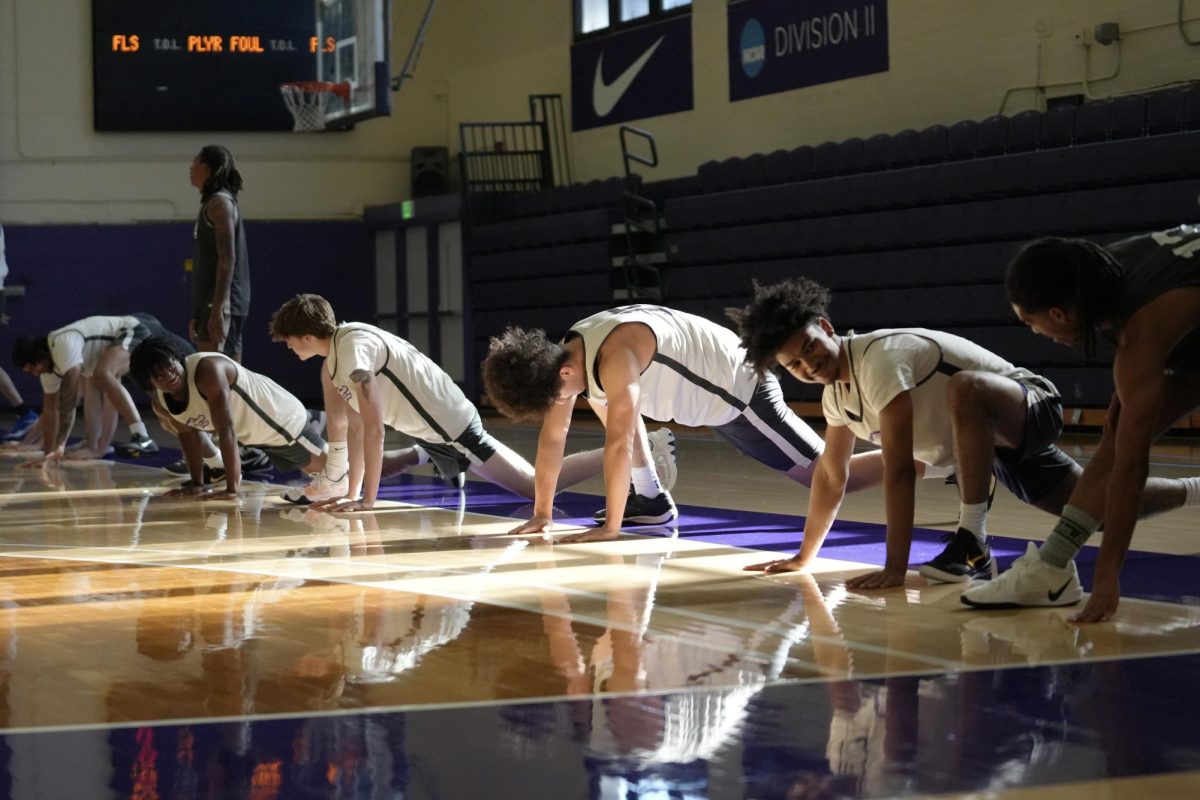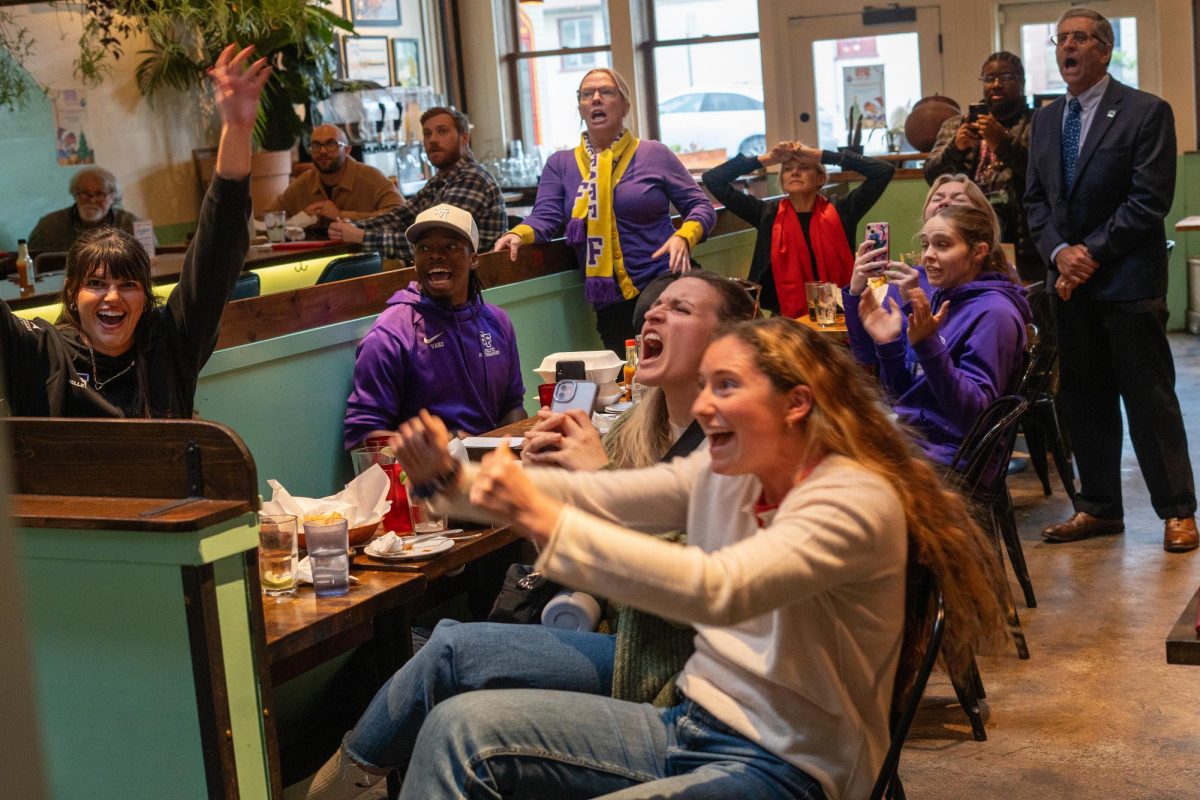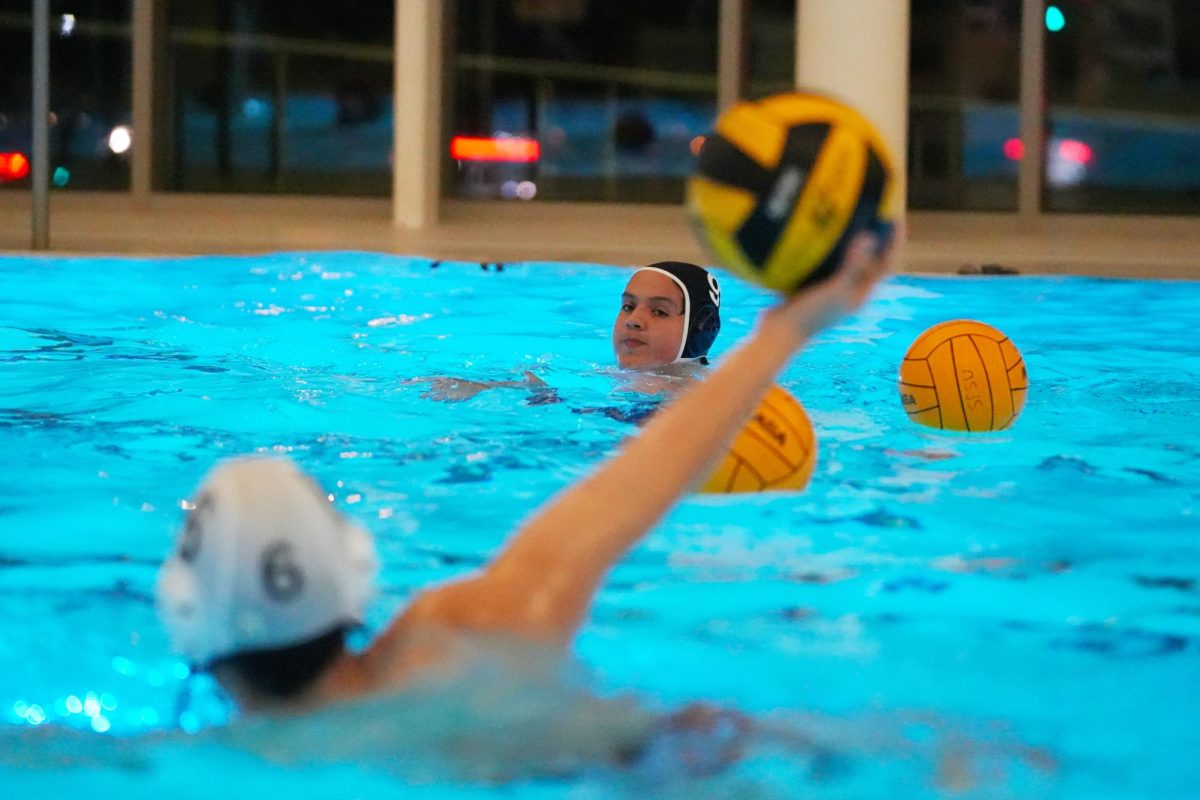Two African-American sprinters, Tommie Smith and John Carlos, action’s on the winners podium spoke louder than the medals they won at the 1968 Olympics in Mexico City. With their heads bowed and black-gloved fists raised high in the air, they used the international stage to protest the treatment of black Americans.
The event, now known as the Black Power salute, has gone down in history as one of the first major political statements in sports.
Although this Sunday is reserved for the New England Patriots and Atlanta Falcons, it is likely a political air will loom over the stadium and airways in a game broadcasted nationally and internationally.
It will be difficult to keep politics out of this Sunday’s game, with Fox as the broadcasting network covering the event, Lady Gaga as the halftime show performer, and well as Super Bowl commercials showing support for immigrants.
“Nobody in this country has a bigger platform than somebody performing in this Super Bowl,” Larry Salomon, SF State ethnic studies professor said. “Whether it’s the halftime show or the players after the game receiving the trophy, there you have a moment to make a statement.”
Salomon said that this Super Bowl has potential to be impactful.
The political connection to the game began as Patriots tight end, Martellus Bennet, made a comment about not visiting the White House if his team wins, whereas quarterback Tom Brady has avoided answering any political questions.
“I don’t think I’ve ever seen so much politics involved with a game,” Maria Andreina Fuentes, a 21-year-old business major from Puerto Ordaz, said. “I feel like even more people will watch because of it.”
The Super Bowl will be broadcasted in over 170 countries and has been viewed by over 100 million people over the past five years in America.
The NFL invests copious amounts of time and money every year into expanding its international fan base. The game has become more diverse, according to the International Federation of American Football, with over 60 countries having a federation dedicated solely to American football.
International students at SF State will have an opportunity to experience this unique Super Bowl in a time where our nation is a melting pot of ethnicities, religions and beliefs, yet governed by a president who has polarized the nation with his policies.
“It is good that international students come to SFSU for their American experience, because this is what the new America is, they’ve chosen one of the most diverse campuses in the nation,” Salomon said. “This is what the rest of the country will look like by 2040.”
SF State has many diverse football fans that are not from this country. Eliot Poughon, 22-year-old foreign exchange student from Nice, France studying business at SF State, is part of this group.
“To be honest, I’m still not completely sure how the game is played,” Poughon said. “But the Super Bowl is more than a simple game, I see it as a show.”
Poughon said he is excited to watch the Super Bowl for the first time in the United States.
In the midst of the current political upheaval, Sunday’s game may prove to be a refreshing distraction from politics, but also has potential to cause greater controversy.
Sports gives the chance for athletes to voice their opinion and have it heard worldwide, like when Smith and Carlos stood up for what they believed in at the 1968 Olympics. This year, football’s best, performers, and advertisers have the same opportunity to voice their opinion as Smith and Carlos did.
The nation will be tuned in to the biggest sporting event of the year, but come Monday will people be talking about the champion or the next Smith and Carlos, who stood up for what they believed in when the world watched.






